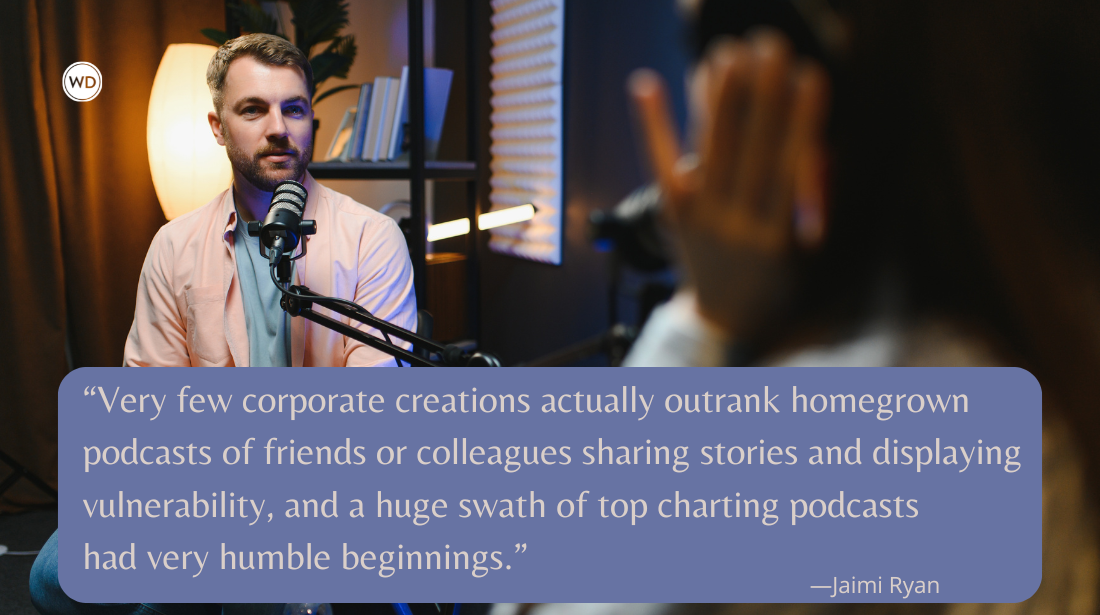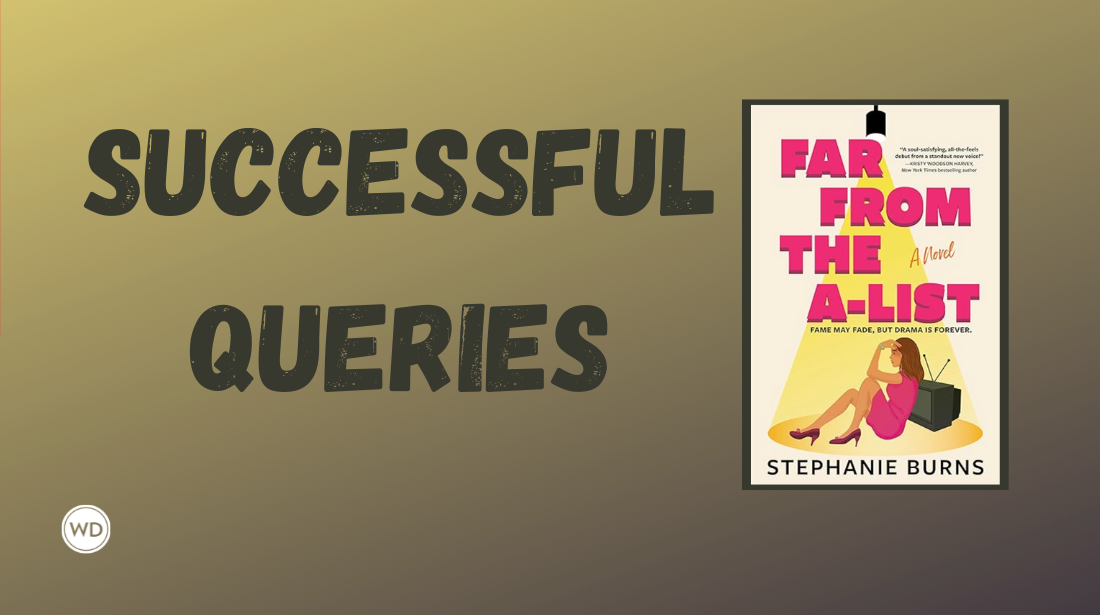6 Things to Keep in Mind When Gathering Testimonials/Book Blurbs
Testimonies are a long-established method of spreading the word about our good words. Today more than ever, testimonies are a necessity for your “platform”—incorporation on the front and back covers of your book, in the first pages, and, of course, on your website. Gathering effective testimonies depends on several things. Here are six aspects to keep in mind.
Testimonies are a long-established method of spreading the word about our good words. Today more than ever, testimonies are a necessity for your “platform”—incorporation on the front and back covers of your book, in the first pages, and, of course, on your website. Gathering effective testimonies depends on several things. Here are six aspects to keep in mind.
*********************************************************************************************************************************
This guest post is by author, editor, writing coach, and spiritual counselor, Noelle Sterne who has published over 300 pieces in print and online venues, including Writer’s Digest, The Writer, Women on Writing, Funds for Writers, Children’s Book Insider, Inspire Me Today, Transformation Magazine, and Unity Magazine. She also writes for Australia’s longest-running spiritually- oriented magazine Living Now. Noelle is an invited regular blogger on Author Magazine’s “Authors’ Blog,” where she explores writing, creativity, and spirituality. With a Ph.D. from Columbia University, for over 28 years Noelle has assisted doctoral candidates in completing their dissertations (finally). Based on her practice, her handbook-in-progress addresses doctoral candidates and their many significant others: Challenges in Writing Your Dissertation: Coping With the Emotional, Interpersonal, and Spiritual Struggles. In her 2011 book Trust Your Life: Forgive Yourself and Go After Your Dreams (Unity Books), Noelle draws examples from her academic consulting and other aspects of life to help readers release regrets, relabel their past, and reach their lifelong yearnings. Her webinar about the book is on YouTube.
*********************************************************************************************************************************
1. When to Request a Testimony
Request testimonies when your book is in the proposal stage, a late manuscript stage, or prepublication galley form. Especially for nonfiction, the proposal itself, which should contain enough substantial material, can be sent to those you’re asking for testimonies. The late manuscript stage or prepublication galley form should present your work very well, providing more than enough for testimonies. Of course, you can ask for testimonies after publication at any point as well, but the early time FIX gives you advance publicity.
2. Who to Ask
Other Writers and Experts. As a writer, you may be reticent to request testimonies from fellow writers. After all, you’re asking other writers or experts to take valuable time away from their work and give it to yours. I have a little formula: When I ask for a testimony, I first compliment (sincerely) the individual’s writing or accomplishments, or a specific work of theirs I’ve learned from or been inspired by. With writing colleagues, I offer reciprocal testimonies and/or reviews. Most are glad to agree to this cross-promotion. With other experts, I acknowledge their busyness and offer my support in whatever ways could help them.
Clients. In addition to working on our series of paranormal-historical-erotic-cozy-fantasy- thriller-memoir-generation-sweeping sagas, many of us provide professional editing, critiquing, and ghosting services. Clients’ testimonies can be an excellent addition to our marketing materials. I generally wait until a particular project is completed, or very close to completion, to ask for a testimony. Clients seem pleased, and one even said he was “honored” to provide one. Some testimonies are short, some are quite long and detailed, and all seem to be from the heart. One client told me she could really express her gratitude this way. If for some reason a client declines, just let it go. You’ll have many others.
Celebrities. Unless you have a special connection with a celebrity or a celebrity writer (you’re related, your best friend is related, your book is a glowing biography of their brother, you go to the same dentist), a testimony from a star is unlikely.
In an early incarnation of my book, I naively wrote to Julia Cameron, telling her how much I gained from The Artist’s Way and how my book used some of the same principles. Oops. Needless to say, I never heard a thing. Celebs are inundated with such requests, and their secretaries and interns run interference with most.
But there are exceptions . . . I wrote to a celebrity writer and life and career coach, whom I’ve long admired and been inspired by. I complimented her—sincerely—described my first book, Trust Your Life, and asked for a testimony. To my shock, she (a) replied and (b) said she’d write one. And she did. I am thrilled to report it appears on the front cover. So go ahead—at the worst you’ll never get a reply, and at the best you’ll get a great one.
3. How to Ask
When you request a testimony, tell the individual why you’re asking; for example, they’re expert in the field, you greatly respect their opinion, or, as in my case, you’ve gained a great deal from their work. Next, minimize the testimonial task. Assure them that only a few lines or sentences are needed and that the deadline is not immediate. Give a reasonable time, such as a week or ten days.
Finally, ask how they would like their name and title or credentials to appear, and offer to include their website in the testimonial. Of course, this is good publicity for them. Alternatively, if they prefer anonymity or initials only, guarantee you will completely respect this request.
4. Watch Out for Overkill
Sometimes testimonies can be so extravagant that they produce not admiration but suspicion. To me, an ineffective testimony is too full of hyperbole. How can anything be that good?
I recall an episode of the television show “Castle” in which the famous, successful mystery novelist Richard Castle stood in front of a table on which were a tall stack of other mystery writers’ books. Apparently he’d been asked to provide testimonies. One by one, he placed his hand on the cover of each and, not opening a single one, intoned words to this effect: “An electrifying jaunt through the mind of a killer.” “Exciting and provocative; sure to stimulate.” “Great new talent to watch.”
5. What Are Effective Testimonies?
Castle’s testimonies, satiric to be sure, nevertheless reflected the empty facileness of over-testimonying and of not taking it seriously. The most effective testimony may be one in which the writer not only actually cracks the book but also relates it to personal experience. Denise Bouchard’s testimony on Amazon about my book (pardon my self-serving) moved me greatly. She tells how, in the car after her mother’s funeral, she remembered a passage in the book. At that moment, it helped her recommit to a major life and writing goal.
An effective testimony is also fresh and almost underwritten. I was delighted with Steve Marshall Cohen’s testimony about Trust Your Life:
If you want platitudes, go elsewhere. If you want coddling, skip this. If you want airy-fairy, not here. If you want practical, specific and challenging guidance and exercises to help you achieve what you want to achieve, step right this way.
Made me want to read more of Cohen’s work.
So, read some testimonies and ask yourself if they smack of phony praise or prompt you to run out and get the book. Read a range of testimonies in different genres, and you’ll get a feel of perceptive and genuine ones. You’ll then be better equipped to winnow the ones you receive for substance and helpfulness to other readers.
6. Good Gathering
Requesting and receiving good testimonies is a mini-science in itself. I hope these pointers help you gather good ones. And when you are asked to give a testimony, do it in all earnestness and good faith. As you give, you will gather.
Want to build your visibility and sell more books?
Create Your Writer Platform shows you how to
promote yourself and your books through social
media, public speaking, article writing, branding,
and more. Order the book from WD at a discount.
*********************************************************************************************************************************
Brian A. Klems is the online editor of Writer's Digest and author of the popular gift bookOh Boy, You're Having a Girl: A Dad's Survival Guide to Raising Daughters.
Follow Brian on Twitter: @BrianKlems
Sign up for Brian's free Writer's Digest eNewsletter: WD Newsletter
Brian A. Klems is the former Senior Online Editor of Writer’s Digest, and author of Oh Boy, You’re Having a Girl (Adams Media/Simon & Schuster). Follow him on Twitter @BrianKlems.









